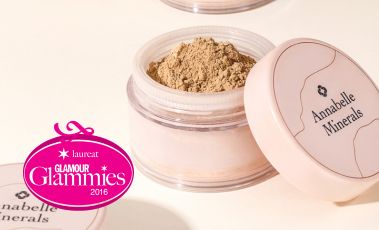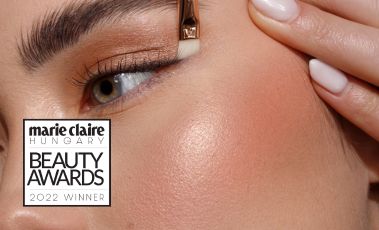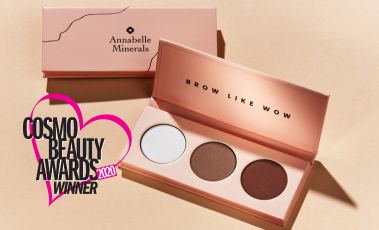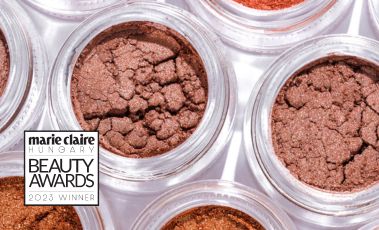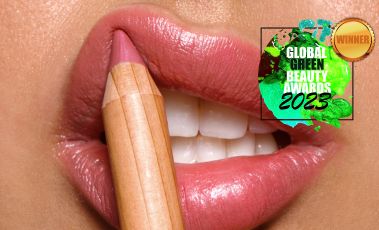Understanding Retinol: What It Is and How It Works
Retinol, a well-known vitamin A derivative, has gained significant attention in the skincare community for its impressive benefits. Understanding how retinol works is essential for anyone looking to enhance their skincare routine. As a powerful ingredient in the retinoid family, retinol promotes cell turnover and encourages the production of new skin cells. This process helps to improve skin texture, reduce the appearance of fine lines and wrinkles, and diminish hyperpigmentation.
The benefits of incorporating retinol into your regimen are manifold. It not only aids in smoothing out uneven skin but also plays a crucial role in unclogging pores, making it an effective solution for those struggling with acne. Furthermore, regular use of retinol can stimulate collagen production, leading to firmer and more youthful-looking skin.
.jpg)
When considering retinoids explained in simpler terms: they are compounds that derive from vitamin A and include several forms such as tretinoin (a prescription-strength option) and over-the-counter variants like retinol. Each type varies in potency and effectiveness; however, beginners may find starting with lower concentrations beneficial before gradually increasing usage as their skin adapts.
In summary, understanding the role of retinol within your skincare routine can lead to remarkable improvements over time. By harnessing its power responsibly—starting slowly and ensuring proper moisturisation—you can unlock radiant skin while reaping the full benefits this remarkable ingredient has to offer.
The Age Factor: Who Should Start Using Retinol?
When it comes to incorporating retinol into your skincare routine, understanding the right age to start is crucial for achieving youthful skin. Retinol, a derivative of vitamin A, is renowned for its anti-ageing properties and can significantly enhance the texture and tone of your skin.
For those in their 20s, introducing retinol can be beneficial as a preventative measure against early signs of ageing. At this stage, using a lower concentration of retinol can help maintain skin elasticity and promote cell turnover without overwhelming the skin.

As you transition into your 30s, the benefits of retinol become even more pronounced. This decade often brings about visible signs of ageing such as fine lines and uneven skin tone. Incorporating a moderate-strength retinol product can aid in combating these concerns effectively.
Ultimately, while there isn’t a one-size-fits-all answer regarding the best age to start using retinol for youthful skin, beginning in your late 20s or early 30s is generally advisable for optimal results in anti-ageing skincare.
Skin Types and Conditions: Is Retinol Right for You?
Understanding your skin type and its specific conditions is crucial when considering the use of retinol. It offers numerous benefits but may not be suitable for everyone. For those with sensitive skin, introducing retinol should be done cautiously. Start with a lower concentration to minimise irritation and always follow up with a moisturiser to soothe the skin.
.jpg)
On the other hand, individuals with oily skin can reap significant benefits from retinol. It helps to regulate sebum production and can reduce the appearance of enlarged pores. Moreover, for those struggling with acne, retinol acts as an effective treatment by promoting cell turnover and preventing clogged pores.
For individuals dealing with dry skin, incorporating retinoids into their skincare routine requires a thoughtful approach. Opting for formulations specifically designed for dry skin can provide solutions without exacerbating dryness. Using hydrating products alongside retinoids will ensure that your skin remains nourished while enjoying the anti-ageing benefits that retinol has to offer.
The Dos and Don'ts of Using Retinol Effectively
Getting the most out of retinol in your skincare routine means knowing the dos and don'ts, so you can maximise results and avoid any unwanted side effects.
.jpg)
Do:
• Start Slowly: Begin with a lower concentration of retinol to allow your skin to acclimatise. Use it once or twice a week, gradually increasing frequency as your skin builds tolerance.
• Moisturise: Always follow up with a good moisturiser after applying retinol to help mitigate dryness and irritation, which are common side effects.
• Use Sunscreen: Retinol can make your skin more sensitive to sunlight, so applying SPF daily is essential to protect against UV damage.
• Combine Ingredients Wisely: If you're looking to enhance your skincare routine further, consider combining retinoids with hydrating ingredients like hyaluronic acid or soothing agents such as niacinamide for better results without compromising skin health.
Don't:
• Don’t Overuse: Applying more than recommended will not speed up results; instead, it may lead to increased irritation and redness.
• Steer Clear of Certain Ingredients: Be cautious when combining retinoids with other active ingredients like alpha hydroxy acids (AHAs) or beta hydroxy acids (BHAs), as this can exacerbate irritation; always research how these can be safely used together.
By following these guidelines, you can harness the powerful benefits of retinol while protecting your skin from unnecessary discomfort and damage.

